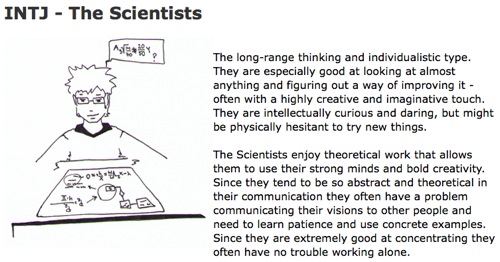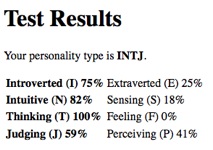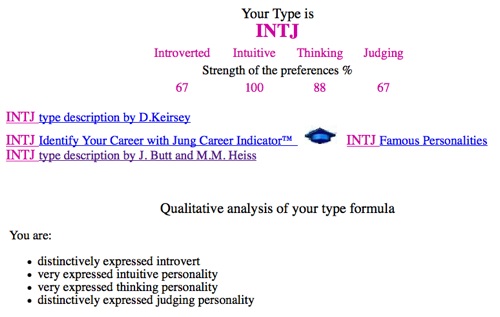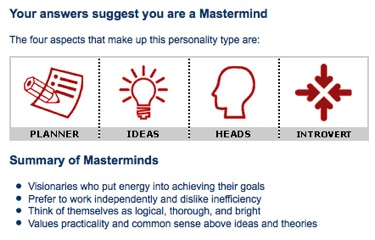How to Lead: Focusing on People
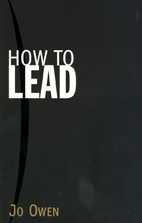 I’ve been tasked with ‘learning to lead’ for the remaining weeks of this term, inamongst the other things I’m doing. To that end, I’m reading a range of books and articles, watching videos and generally trying to learn from the experts. 🙂
I’ve been tasked with ‘learning to lead’ for the remaining weeks of this term, inamongst the other things I’m doing. To that end, I’m reading a range of books and articles, watching videos and generally trying to learn from the experts. 🙂
Looking on Amazon, there were lots of 5-star reviews for a book by Jo Owen entitled How to Lead: what you actually need to do to manage, lead and succeed. I’ve just finished the first chapter entitled ‘Focusing on People’ and it has lots of good ideas and advice crammed into it.
Here’s my notes and reflections on what I’ve read:
Leaders are made, not born
Owen says three principles underpin his book:
- Everyone can lead
- You can load the dice in your favour (but there’s no magic recipe)
- You can learn to be a leader
Leadership is not about the position you are in but about the way you behave. Leaders need followers, otherwise they are not leaders! There is no particular intelligence requirement for leadership, but instead some core behaviours:
- ability to motivate others
- vision
- honesty & integrity
- decisiveness
- ability to handly crises
‘Performance’ is not mentioned in the above, but naturally flows from them.
You don’t need to know it all
Some leaders suffer from ‘altitude sickness’ in that they can’t cope at a higher level when they’ve been successful further down the hierarchy. Sometimes this is due to a perception that you need to ‘have all the skills’ immediately. Instead, good leaders radiate self-confidence and build on their strengths whilst realising that learning is a lifelong process.
Despite being an author and consultant himself, Owen says that people learn from lived experience, not primarily from books, manuals and conferences. That being said, these can help you understand your experiences and build upon them.
Focusing on people
Good leaders focus on other people, not themselves. There are three major elements to this:
- Decentring – knowing yourself and how you affect others
- Influencing people – selling ideas to them
- Managing upwards – influencing the boss
In order to deal with other people you need to know what makes them tick. Owen suggests trying to ascertain their Myers-Briggs personality type. Regular readers will remember that I wrote about such tests back in a post entitled “You can tell a lot about someone from what they’re like.” You don’t have to use the Myers-Briggs indicators – you can use your own such as ‘big picture’ vs. ‘detail’. Understanding what makes your colleagues, and especially your boss, tick helps you press the right buttons.
Selling ideas
In order to influence others, you need to focus on the third of three levels that are naturally used when you try and sell an idea or object to someone:
- Features – the innate characteristics of the idea or object
- Benefits – the features people want from the idea or object
- Hopes & dreams – what can be achieved through the idea or object
By tapping into peoples’ hopes and dreams you can motivate and inspire them to action. Owen recommends reading Dale Carnegie’s How to Win Friends and Influence People, if you haven’t already. I listened to it as an audiobook a while back, but will be purchasing the book soon!
What makes people tick
Owen, rather pessimistically, asserts that fear, greed and idleness makes people tick. These can be seen as ‘influencing levers’. He gives some advice as to how you use these levers:
- Fear – ‘de-risk’ ideas by, for example, running pilot projects.
- Greed – be clear r.e. the WIFM? (What’s In It For Me?) factor. This has as much to do with recognition and status as money.
- Idleness – find a way in which the idea supports the other person’ agenda. This will motivate them to action.
Owen gives some great advice taken from the world of sales. At the end of the meeting, give the person or group of people to whom you are pitching a choice between two positive ideas. It takes effort to reject the idea completely, so people will usually choose one of your two option, leading to success on your part!
The unforgivable sin
After interviewing 700 leaders, Owen came up with a list of the following traits that they are looking for in emergent leaders:
- adaptability
- self-confidence
- proactivity
- reliability
- ambition
Most mistakes are rectifiable and forgivable, but the one unforgivable sin for them is disloyalty. As one put it, ‘Don’t outshine me, don’t outsmart me and don’t outflank me.’ Wise words indeed. :-p
Influencing the boss
Although you are not usually in control of who is your boss, you can still influence your relationship with them. Influencing your boss, says Owen, has three elements:
- Finding the right boss (find a sponsor more senior to your immediate boss and make yourself useful to them)
- Delivering the right results (a matter of style and substance – use the ‘style compass’ on your boss and what your ‘must-win’ battles are)
- Having the right behaviours (you have to adapt to your bosses’ style as they won’t adapt to yours. Make sure they know what you’re good at, what your capacity is, and what your progress is)
Conclusion
I enjoyed the first chapter of How to Lead – it was general enough to be applicable without being vague, and opened my eyes to strategies that could work well in my new position. 😀

![Reblog this post [with Zemanta]](http://img.zemanta.com/reblog_e.png?x-id=c3f0a758-ad2b-48b2-aa51-533c3e807b94)
